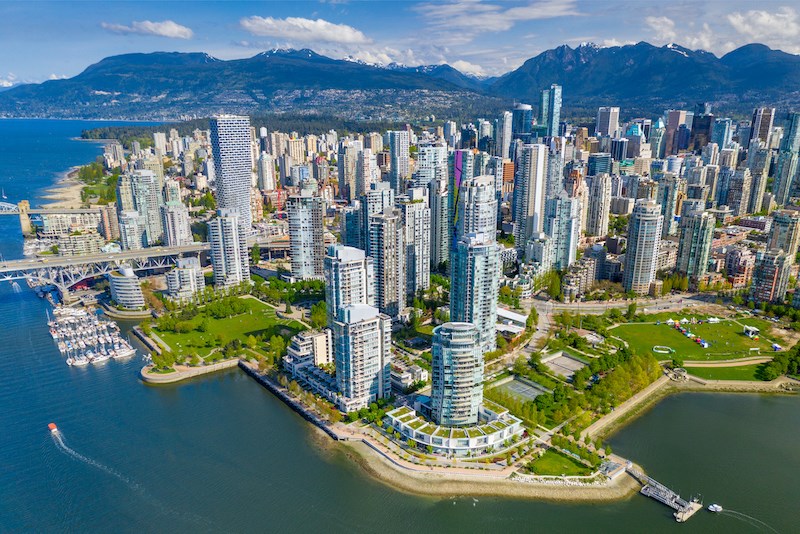Canadian work permits play a pivotal role in allowing foreign nationals to temporarily live and work in Canada, thereby enhancing their eligibility for economic permanent residence programs through gaining valuable Canadian work experience. Below are detailed responses to frequently asked questions about Canadian work permits, compiled by CIC News.
1. What kind of work permits are there?
Canadian work permits are generally categorized into two main types:
- Open Work Permits (OWPs): These permits allow holders to work for any employer in Canada and in any industry.
- Employer Specific/Closed Work Permits: These permits restrict holders to work only for a specific employer, often tied to a particular location and duration. They typically require a Labour Market Impact Assessment (LMIA), which assesses the impact of hiring a foreign worker on the Canadian labour market.
2. How long will it take to process a work permit application?
Processing times for work permits vary based on the specific program, type of work permit, and whether the applicant is inside or outside Canada. Immigration, Refugees, and Citizenship Canada (IRCC) provides an updated processing times tool that considers current departmental capacity and application backlogs.
3. Can visitors in Canada apply for a work permit?
Under normal circumstances, visitors in Canada without a Canadian study or work permit cannot apply for work permits from within the country. However, a temporary policy change during the COVID-19 pandemic (valid until February 28, 2025) allows certain visitors to apply for employer-specific work permits provided they meet specific criteria, including maintaining valid visitor status throughout the application process.
4. Can applicants appeal a decision on their work permit application?
Decisions on temporary resident applications (such as work permits or visitor visas) are not subject to appeal under Canada’s Immigration and Refugee Protection Act. Applicants dissatisfied with a decision are encouraged to reapply, potentially having their application reviewed by a different immigration officer. Alternatively, applicants may seek a judicial review by the Federal Court of Canada if they believe procedural standards were not followed.
5. How can a lost, stolen, or destroyed work permit be replaced?
Individuals who have lost or no longer possess their physical work permit must apply for a replacement, which involves submitting an application and paying a fee for the reprinted document.
6. Can I apply for a work permit when I arrive in Canada?
IRCC advises newcomers to apply for their work permits before arriving in Canada whenever possible. However, some individuals may be eligible to apply at a Canadian port of entry (POE), particularly if they are from a visa-exempt country and meet other specified requirements. Notably, certain categories such as Post-Graduation Work Permits (PGWP) and applications from visa-required countries are ineligible for POE applications.
This comprehensive guide aims to clarify essential aspects of Canadian work permits, ensuring newcomers understand the process and requirements for obtaining legal authorization to work temporarily in Canada. For more detailed information and updates, applicants are encouraged to consult the official IRCC website or seek advice from qualified immigration professionals.



